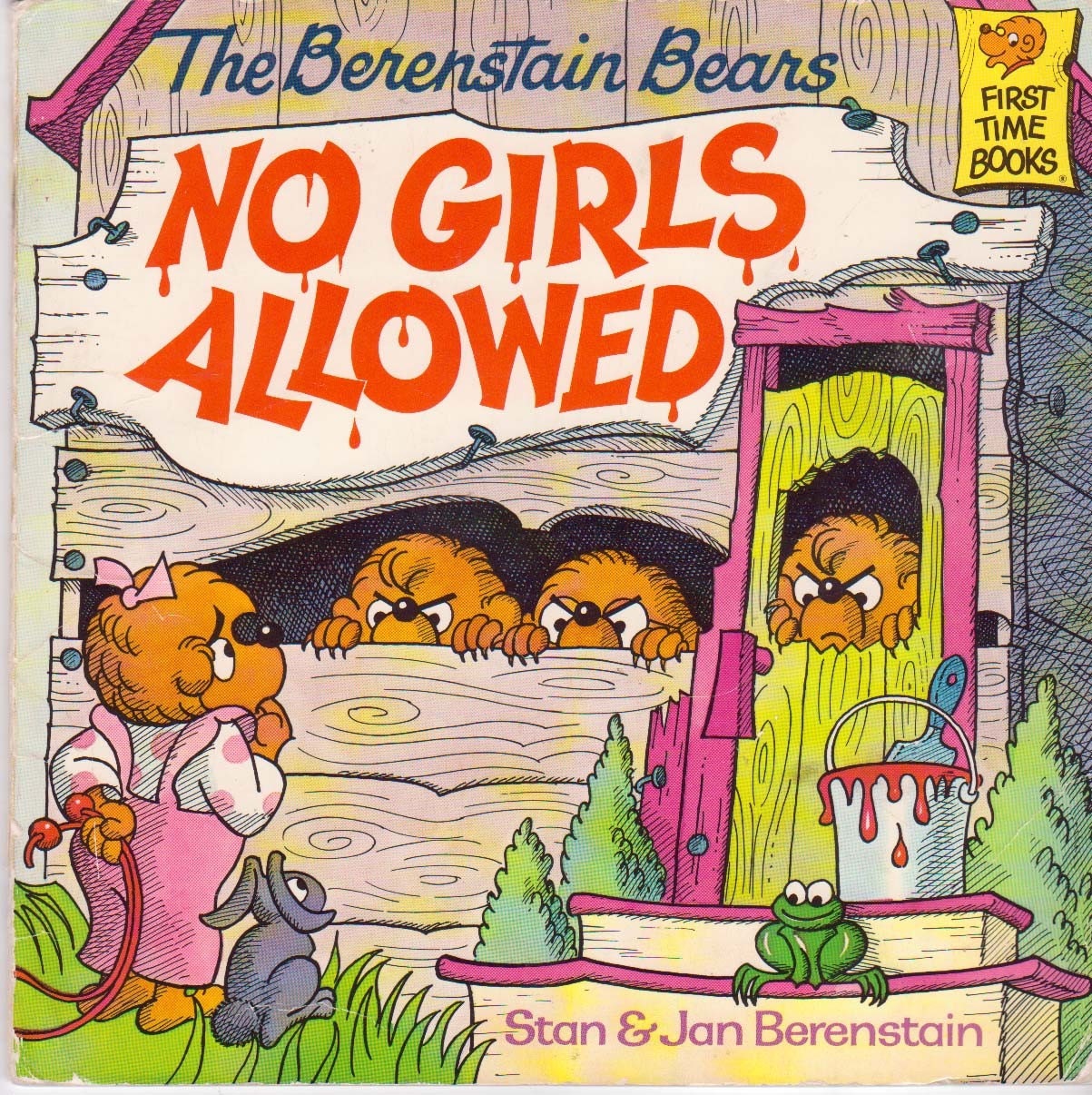
Nephi commands his brothers to help him build a ship.
I can learn to forgive Nephi for his human failings, but I'm not sure that I can forgive the artist of this painting.
Jacob finishes preaching (v. 1) and Nephi goes on to bear his testimony, or to share his statement of belief (vv. 2-8). I was surprised that Nephi's testimony got to me. Instead of feeling preachy, Nephi's words seem authentic as he shows concern for his people.
As I've been critiquing Nephi, I've been conscious of the fact that I've not been kind. The correlated (go to BCC and view search results for "correlation") material on Nephi is overwhelmingly positive. In the LDS Church, there is a particular narrative that is attached to Nephi. He is a good guy. His brothers are bad. The brothers rebel against Lehi and Nephi. The brothers become badder. Nephi is forced to flee for his life. The brothers are the baddest. In a Sunday school class, if you want to identify someone as an evil rebel, you compare them to Laman and Lemuel. Nephi is nothing short of saintly and flawless. In this reading, I've seen that the situation with Nephi and his brothers is much more complicated and I've explored some of those complications in previous posts.
But what do I get from deviating from the approved narrative? At first I felt kind of bad. I was not reading the scriptures in the right way, but I was trying to approach the text honestly. I wondered if my plan to blog the Book of Mormon was doomed to spiritual failure. I was concerned that I was on a fruitless path. In the last few days, I have come to understand the value of my approach for me. My mother-in-law often says something like "Catholics are supposed believe that the pope is infallible, but they don't really believe it. Mormons are supposed to believe that the prophet is fallible, but they don't really believe it." It is easy to follow your leaders if you believe that they are perfect, but much harder when confronted with the realities of their humanity. I've come to forgive Nephi for being human, for getting into family arguments, for his sexism, for his racism. I don't have to like those things, they just are. He is a man of his time. He has terrible people skills.
In coming to a place of forgiveness, I find that there are other areas of my life where I expect people to be perfect. I think that I end up placing the ridiculous expectation of perfection on those closest to me. I have expected my husband to be perfect. I have expected my four and five year old daughters to be perfect. I'm not perfect, but every day part of me thinks that if I just try a little harder, I might actually arrive at some minor degree of perfection. And I am trying to drag my family in the same direction like a drill sergeant getting the new recruits over the wall. You can imagine how much they love that.
As I understand and forgive Nephi for his imperfections, I'm coming to terms with my own unreasonable expectations. These ideas have take hold in my mind and I'm able to enjoy my home life more. I can see that my husband and children are really wonderful people who are doing their best. And their best is pretty fabulous. All mistakes, annoyances, forgotten list items, and morning crankiness can be forgotten. Those things do not speak the truth about my family.
And whatever happens as a result of Pants, Pray, and Ordination, I can also be patient with my church leaders.
Cross-posted at http://





